The views expressed in our content reflect individual perspectives and do not represent the authoritative views of the Baha'i Faith.
I’ve been thinking a lot about judgment these days because there seems to be a trend against passing judgment or offering advice to anyone, with the risk of being “canceled” from a person’s life if you do.
More broadly, though, I find that the Baha’i writings are quite nuanced on this topic, depending on the context. Judgment may not be appropriate in some circumstances, but it becomes vitally necessary in others.
RELATED: Injustice and Tyranny: Why Is Unity So Hard to Achieve?
At the individual level, the Baha’i standard leans toward non-judgment. “How couldst thou forget thine own faults and busy thyself with the faults of others?” Baha’u’llah asks in The Hidden Words. In another passage from the Baha’i teachings, Abdu’l-Baha wrote:
One must see in every human being only that which is worthy of praise. When this is done, one can be a friend to the whole human race. If, however, we look at people from the standpoint of their faults then being a friend to them is a formidable task.
How can we automatically judge others when we don’t know anything about their life story, or what they may be going through at a given time in their lives, or what shoes they have walked in? All individuals bear their own singular burdens and joys, regardless of, for example, the races and classes we were born into.
Of course, even though we all need corrections in our lives that will allow and motivate us to improve, there must be enough trust in a relationship to be invited to offer input, which, regardless, may still not be welcome. For example, despite my feedback for a loved one whom I think is engaging in a spiritually damaging practice, she does not want that input — so I need to respect her boundaries. (It’s much harder to do that with my husband, to whom I am quite happy to offer unsolicited advice!)
However, we may be closing ourselves off to good guidance — and a chance for growth — if we fail to listen to our friends, the sage advice of the elderly in our society, the wisdom of parents, the input of mentors and managers who have a lifetime of experience, and to very different points of view from our own. In an era when so many people don’t feel heard or respected, when was the last time we asked someone for their input and really wanted to hear their reply?
These kinds of frank and honest exchanges form the foundation of Baha’i consultation. “The heaven of divine wisdom is illumined with the two luminaries of consultation and compassion,” Baha’u’llah wrote. In the same passage, he also said “… the canopy of world order is upraised upon the two pillars of reward and punishment.”
That last statement brings me to my second point on the role of judgment in the life of society. We have far more punishment for bad behavior than rewards for good behavior today — an unfortunate imbalance. The Baha’i writings say that moral education is the ultimate way to eradicate criminal behavior, but alas, we may not have reached that point in humanity’s spiritual development yet.
So, what do we do in the meantime? Punishment certainly implies judgment and, the Baha’i writings point out, is necessary for the stability of social order — and meting out justice requires judgment. In my view, if non-judgment were taken to the extreme in our collective lives, selfish children would run wild, managers would be stuck with underperforming employees, and, in the worst case, criminals would — literally and figuratively — get away with murder. Perhaps some of that sounds familiar in our times?
There are many references in the Baha’i writings to those who are “mischief makers,” to tyrants, and to those committing evil acts. Whatever excuses are offered, there are people in this world causing significant harm to others, including violence against women and children. I’ve been thinking lately about how cybercriminals are stealing the savings of the elderly — destroying the lives of millions for their own financial gain. At the international level, there are plenty of unprosecuted war criminals given, in part, the lack of enforceable world law. To protect innocent civilians, among others, individuals need to be held accountable to relevant institutions for the grave harm they may cause.
For Baha’is, then, judgment best comes from societal institutions empowered to dispense it, not from individuals.
These passages from the Baha’i writings add some clarity to this theme.
“Some men are like bloodthirsty wolves,” Abdu’l-Baha said in Some Answered Questions. “If they were to see no punishment ahead, they would kill others solely for the sake of their own pleasure and diversion. … the proper functioning of the body politic depends upon justice and not forgiveness.”
Abdu’l-Baha added:
An individual has no right to seek revenge, but the body politic has the right to punish the criminal. Such punishment is intended to dissuade and deter others from committing similar crimes.
RELATED: Inspiring Short Stories About Justice and Fairness
Then, in his writings, Abdu’l-Baha made this profound point:
The Kingdom of God is founded upon equity and justice, and also upon mercy, compassion, and kindness to every living soul. Strive ye then with all your heart to treat compassionately all humankind — except for those who have some selfish, private motive, or some disease of the soul. Kindness cannot be shown the tyrant, the deceiver, or the thief, because, far from awakening them to the error of their ways, it maketh them to continue in their perversity as before.
Showing non-judgment, as well as compassion and forgiveness, in our personal lives is something we can all individually work toward — but to do so at communal and societal levels, the Baha’i writings assert, will not lead the world toward the justice and peace we seek.
You May Also Like
Comments



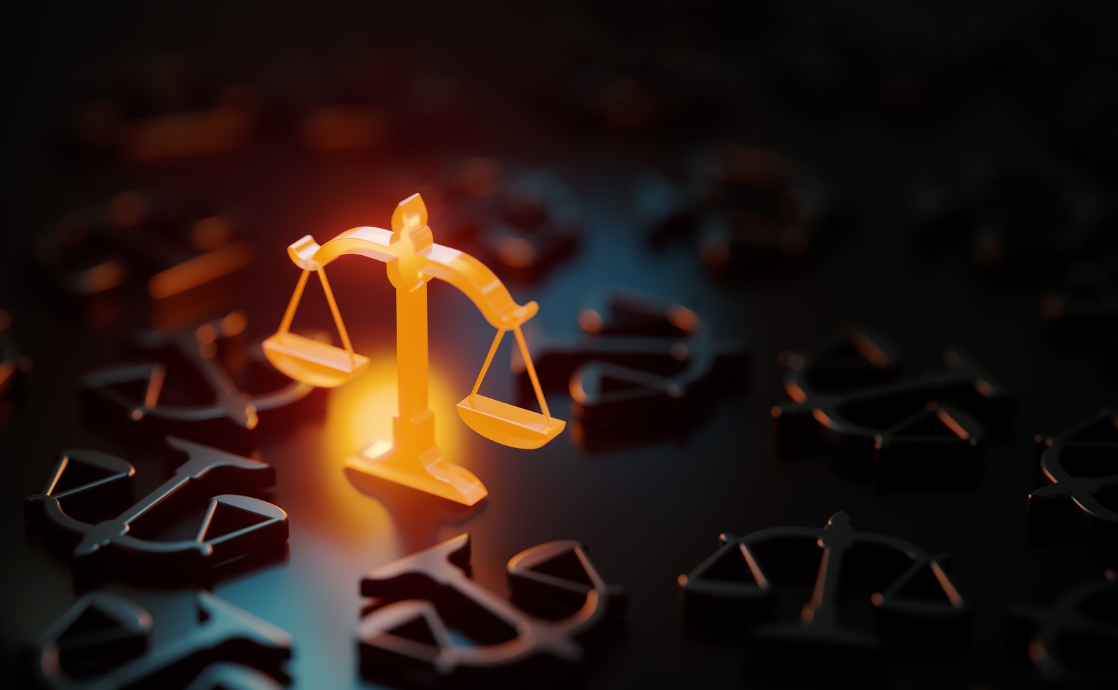

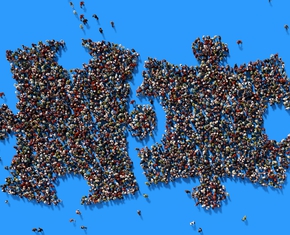
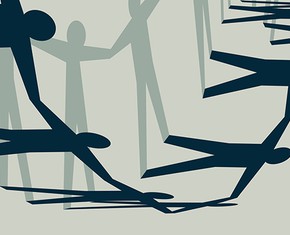
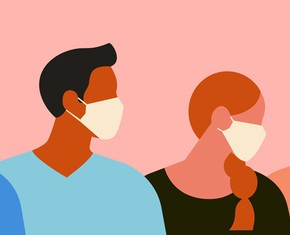
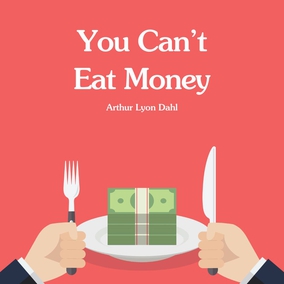








“Be fair in thy judgment, and guarded in thy speech.” Bahá’u’lláh